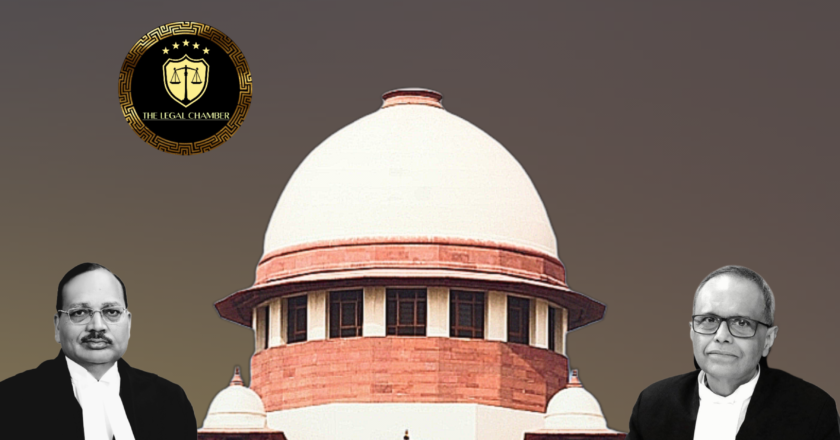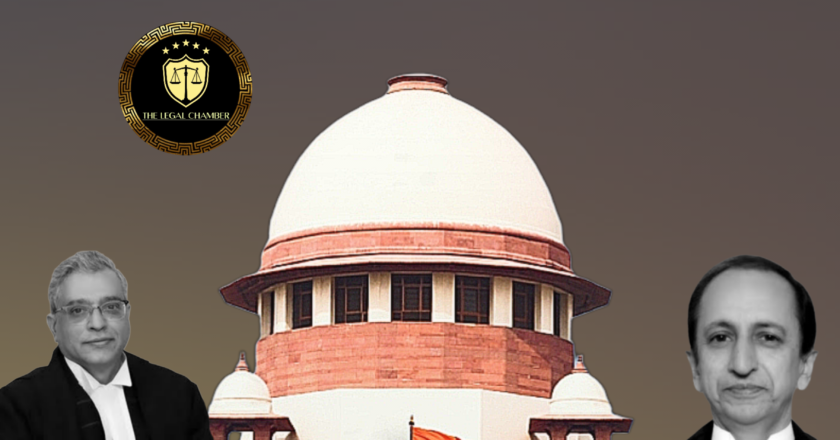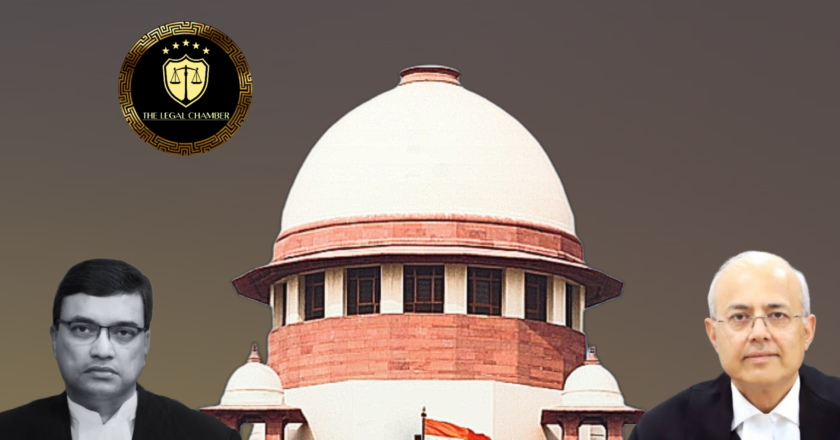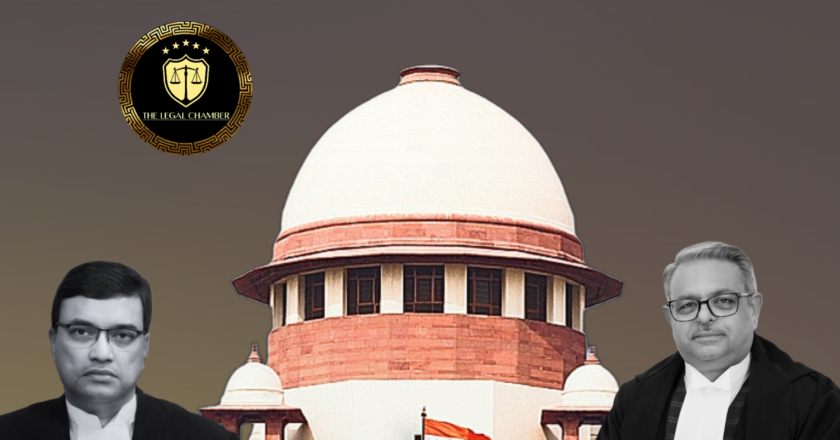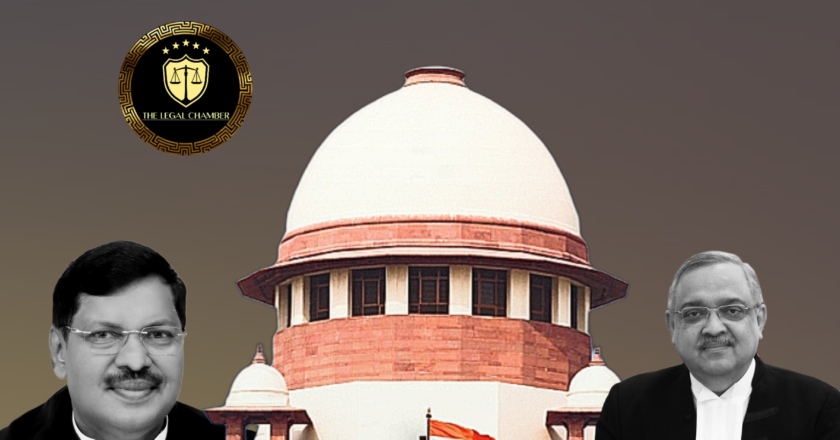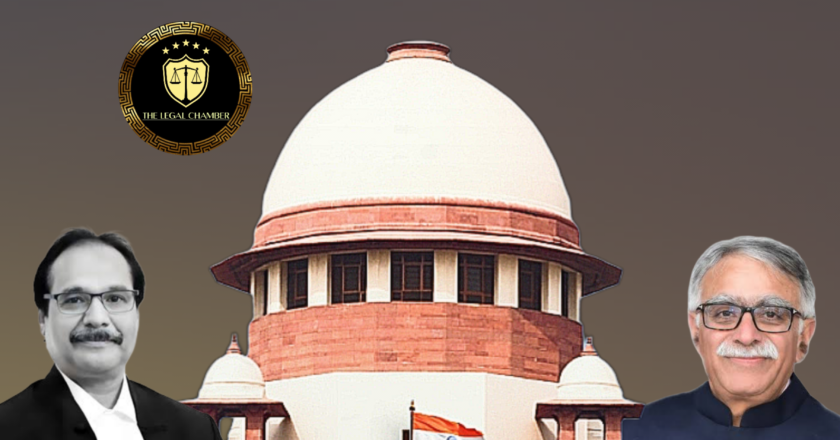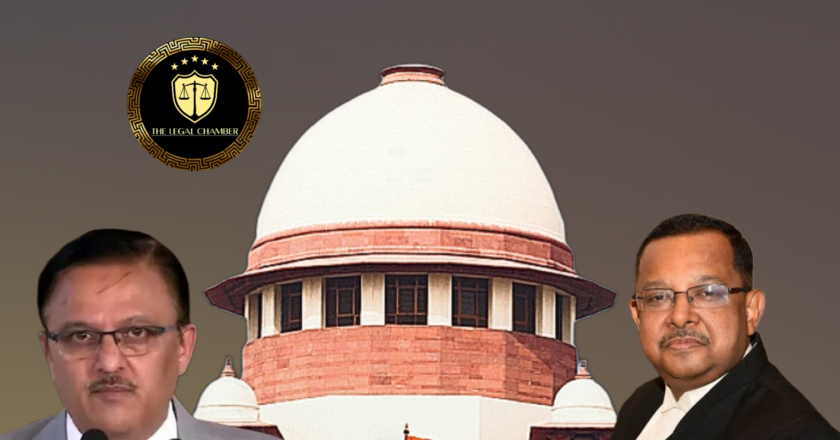Supreme Court Clarifies: Reserved Candidates Availing Age, Physical Relaxations Can’t Migrate to General Quota
This Supreme Court judgment clarifies that reserved category candidates availing relaxations in age or physical standards are barred from migrating to unreserved vacancies if the governing recruitment rules impose such an embargo. Conversely, relaxations in physical standards based on gender or ethnicity, absent a specific rule, do not automatically preclude such migration. The applicability depends on the explicit provisions of the relevant recruitment rules or office memoranda.
Facts Of The Case:
The case originated from a recruitment drive initiated by the Railway Protection Force (RPF) in 2013 to fill various ancillary posts. The employment notification provided age and physical measurement relaxations for candidates from SC/ST and OBC categories. A key issue arose regarding candidat...
